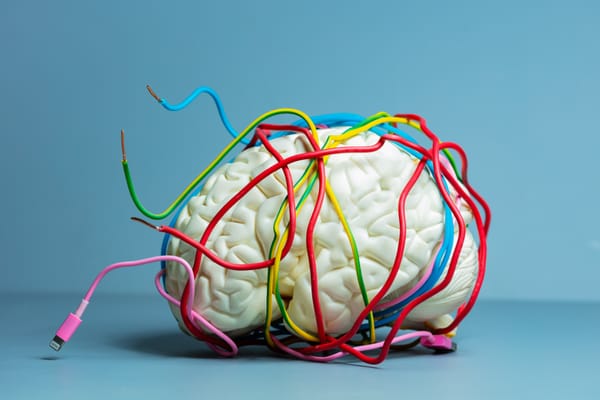Hungry or Hormonal? Understanding How Hormones Influence Your Appetite

Have you ever found yourself reaching for a snack and wondering, “Am I truly hungry, or is something else at play?”
The answer often lies in the complex interplay of hormones that regulate our appetite. Understanding these hormonal signals can empower you to make informed decisions about your health and well-being.
The Hormonal Orchestra Behind Hunger
Our bodies rely on a symphony of hormones to signal hunger and fullness. Key players include:
Ghrelin: The Hunger Hormone
Produced in the stomach, ghrelin signals your brain when it’s time to eat. Levels rise before meals and decrease afterward. Factors like sleep deprivation can increase ghrelin, leading to heightened hunger.
Leptin: The Satiety Hormone
Secreted by fat cells, leptin informs your brain that you’re full. However, in some individuals—especially those with obesity—leptin resistance can occur, diminishing its effectiveness and leading to overeating.
Insulin: The Blood Sugar Regulator
Insulin helps manage blood glucose levels. When insulin levels are unstable, it can lead to increased appetite and cravings, particularly for sugary foods.
Cortisol: The Stress Hormone
Chronic stress elevates cortisol levels, which can boost appetite and cravings for high-fat, high-sugar foods. It can also interfere with other hormones like insulin and leptin, creating a feedback loop that makes appetite harder to control.
Hormonal Fluctuations and Appetite
Hormonal changes throughout the menstrual cycle can influence appetite:
Follicular Phase (Post-Menstruation): Estrogen levels rise, often leading to reduced appetite.
Ovulation: Peak estrogen can slightly suppress hunger for some.
Luteal Phase (Pre-Menstruation): Progesterone increases, which may stimulate appetite and cravings, especially for carbohydrates and sweets.
Recognizing these patterns can help you better understand the “why” behind your eating behaviors—and give you the tools to manage them with more self-awareness and compassion.
The Role of GLP-1 Medications
Glucagon-like peptide-1 (GLP-1) is a hormone that promotes satiety and helps regulate blood sugar. GLP-1 receptor agonists—like semaglutide—mimic this hormone’s effects and can:
Reduce appetite
Enhance feelings of fullness
Support blood sugar control
These medications have become a powerful tool for individuals seeking long-term, sustainable weight management and improved metabolic health.
How Ahvina Helps
At Ahvina, we believe knowledge is power. Our individual challenges gives you personalized insight into your hunger, habits, and patterns—helping you learn how hormonal signals might be influencing your behavior.
By completing daily tasks and tracking your progress, you gain awareness over time. And when you’re ready, Ahvina can help guide you to GLP-1 treatment options that support your goals—whether you’re looking to manage appetite, improve metabolic health, or just feel more balanced day-to-day.
Join the Ahvina Community
Curious about what’s really driving your hunger—and ready for real support?
Become part of the Ahvina community and start your individual challenge to access tools, insights, and guidance that help you take control of your appetite, hormones, and health.
You don’t have to figure it out alone—we’re in this with you.
Further Reading
• Why stress causes people to overeat – Harvard Health - https://www.health.harvard.edu/staying-healthy/why-stress-causes-people-to-overeat
• The role of leptin and ghrelin in regulating food intake – PubMed - https://pubmed.ncbi.nlm.nih.gov/17212793/
• Food intake changes across the menstrual cycle – ResearchGate - https://www.researchgate.net/publication/338483914_Food_intake_changes_across_the_menstrual_cycle_A_preliminary_study
• Sleep Deprivation and Central Appetite Regulation – PubMed Central - https://pmc.ncbi.nlm.nih.gov/articles/PMC9783730/




